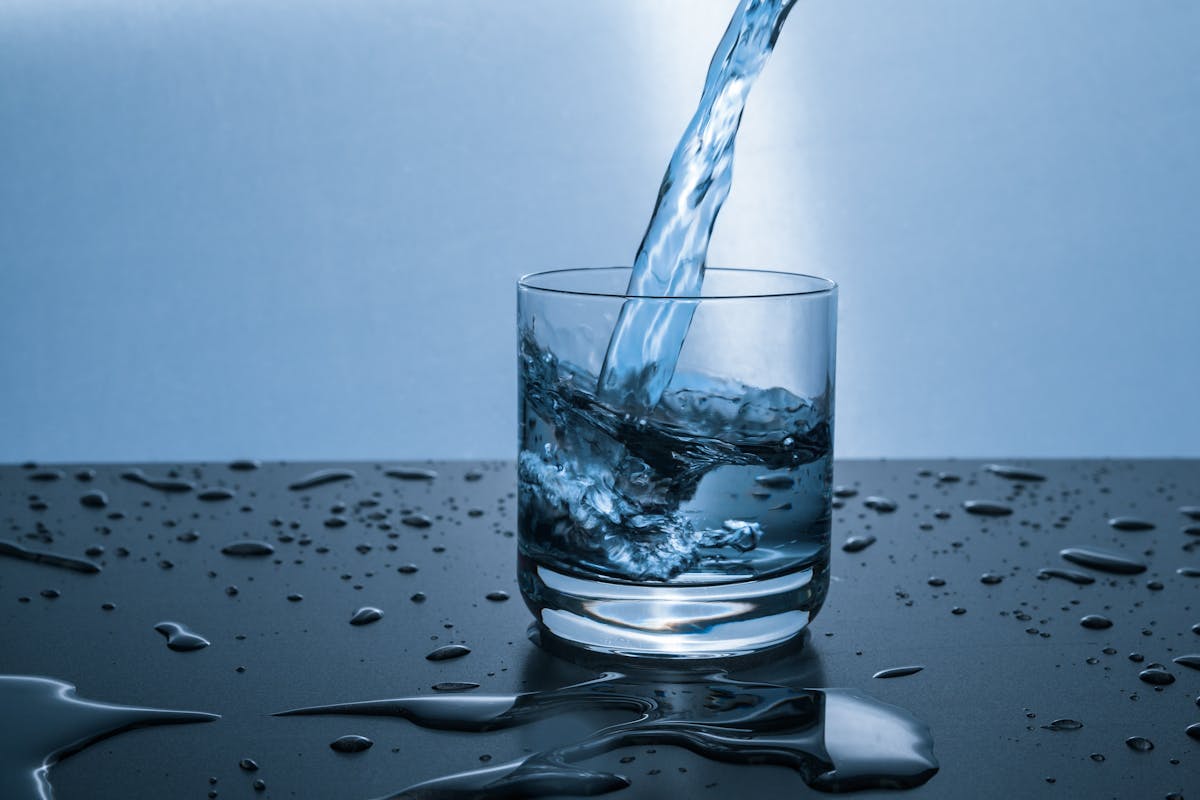Though it may not feel like that, water is a resource with limits, and though millions of liters of water exist in the sea, there is not much that is consumable for humans. Today, more than 2 billion people cannot easily access drinking water, and by 2050, demand for water will increase by 20 to 30%, which makes social responsibility very important.
Some reasons that make water saving so important are population growth, urbanization and climate change. Besides, it is equally significant to preserve aquatic and marine ecosystems , as it completely depends on water resources.
In fact, rivers and lakes can be impacted by excess removal for human usage, which negatively influences biodiversity and environmental services like water purification and regulation of the climate, making water even more indispensable.
At an individual level, small changes in our daily habits can make a big difference. For example, fixing dripping taps can save up to 113 litres of water per week, and using flow-reducing devices can reduce water consumption at home by up to 50%.
In various cities around the world , water rationing has been implemented as a way to ensure a sustainable and stable supply for today’s society, which highlights the importance of being more aware of the use we give to this valuable resource.
That is why here we share with you several ways to save water that you can start doing in your home, with this you will achieve a positive environmental impact and in the process it will be reflected in a lower cost in your service bill .
10 practical and simple ways to save water in your home
1. Fix any leaks or leaks you have:
Check for leaks in pipes, toilets, and faucets on a regular basis. As previously shown, a little trickle can squander hundreds of gallons of water per month. If needed, replace anything.
2. Install devices to reduce the amount of water :
Installing devices that distribute water more efficiently in dishwashers and showers helps reduce the water flow without sacrificing pressure, which can result in huge savings in the long term.
3. Use your washing machine efficiently:
Store dirty clothes over the course of the week to wash them all at once in a full load once a week. Also, set short water cycles and recycle the water that comes out of this process. You can’t imagine how much water a conventional washing machine uses and everything you can do with it.
4. Take short showers:
If you are one of those who needs to shower with music, put on a single song that lasts approximately 3 minutes, so you will know how long it will take you. Do not put on music non-stop because this will only make you waste more water and distract you by singing, while thousands of liters of drinking water go down the drain.
5. Reuse cooking water:
Gather all the water that is left over after washing fruits, vegetables, or other components in a container. For instance, you can save pasta water for use in the future for baths or other purposes.
6. Place a water bottle inside the cistern:
Find a bottle of 1.5 or 2 liters approximately, fill it with water, it can be rainwater or any water you have collected, and place it in the cistern tank. You will see that you will save the amount of water in the bottle with each flush, taking into account that a conventional toilet uses 10 to 15 liters each time the lever is lowered, it can be a considerable daily saving.
7. Use rainwater:
Although it may not be so easy to collect water during dry seasons because it does not rain, take advantage of even the slightest drizzle by placing containers on terraces, balconies, patios or outdoors. With this, you will have a water supply that does not depend on the tap, which will generate huge savings on your bill.
8. Grow a low-maintenance garden:
Sometimes, too many plants just make the environment overwhelm through their color and freshness they import into the environment; however, the more of them you have, the more water you will spend on them. Settle for cacti or succulents that are simply hard to keep and do not require constant watering.
9. Never clean with hoses:
While it is very handy to wash your car, floor, or other exterior with a hose, the volume of water used is extraordinary. So, it is better to have a bucket of water and a rag available that you soak and clean up as you need them.
10. Catch the water produced by the air conditioner:
If you live in a hot city or it’s summer, surely you have an air conditioner. Most of those drop some, due to the condensation of the air in the environment. Collect that water and use it for whatever you want.
